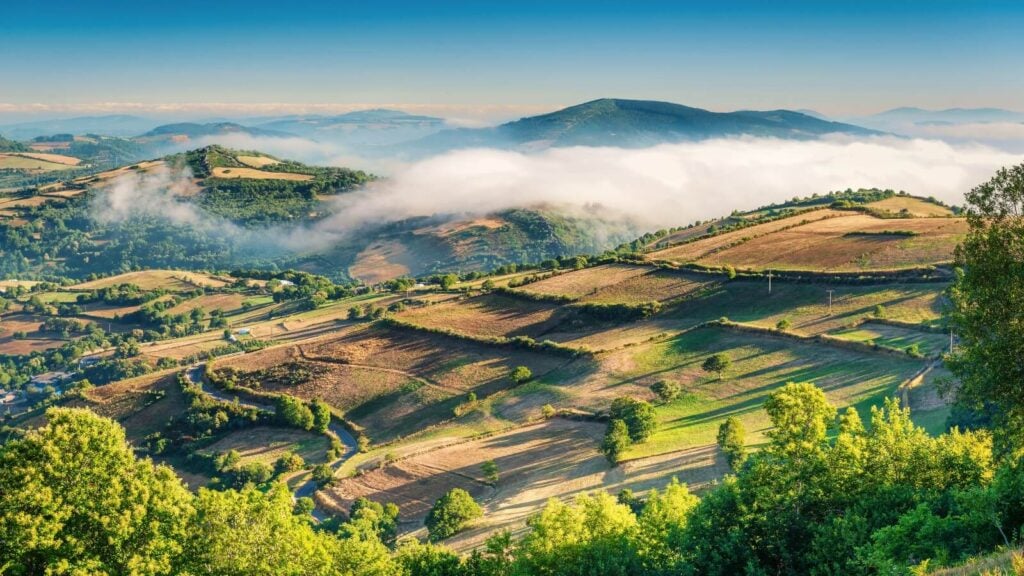People in Spain have been urged to lower their meat intake to help tackle the climate crisis. Failure to effectively address climate breakdown would not only damage the planet further, but could harm the Spanish tourism industry too, a government official warned.
The Spanish Minister of Consumer Affairs, Alberto Garzón, spoke to the Guardian about the growingly urgent matter. He explained that in Spain, the environmental impact of food has long been brushed aside.
“People here know about the part that greenhouse gases play in climate change, but they tend to link it to cars and transport,” Garzón told the publication.
“It was only very recently that everyone started to look at the impact of the animal consumer chain and, especially, at the impact of beef. Other countries were pretty advanced on that but in Spain it’s been a taboo.”
In September, a report found that 20 livestock companies are to blame for more greenhouse gas emissions than entire countries – including Britain, France, or Germany.
Moreover, the five largest meat and milk producers were found to be responsible for the same volume of greenhouse gases as Exxon, one of the largest oil and gas companies on the planet.
“If we don’t act, it won’t just be climate change we’re dealing with – it’ll be the triple crisis: the loss of biodiversity; pollution, and climate change,” the minister said.
Spain’s tourism industry

Spain’s terrain makes it particularly vulnerable to symptoms of the climate crisis, Garzón notes.
“It would be the end for a country like Spain. Spain is a country in the Mediterranean basin – it isn’t the UK or Germany – and desertification is a very serious problem for our country, not least because it depends so much on tourism. Visiting a desert isn’t quite as attractive as visiting the Costa del Sol,” he said to the Guardian.
Garzón takes particular issue with “mega-farms.”
“They find a village in a depopulated bit of Spain and put in 4,000, or 5,000, or 10,000 head of cattle. They pollute the soil, they pollute the water and then they export this poor quality meat from these ill-treated animals,” the politician explained.
Backlash
In July, Garzón introduced a campaign encouraging people to eat less meat. At the time, he highlighted that Spain consumes more meat than any other EU country.
Around 70 million pigs, cows, sheep, goats, horses and birds are slaughtered for food in Spain every year. Further, 15,000 liters of water are required to produce just one kilogram of meat, he said.
The environmental campaign was met with criticism. When Spain’s own prime minister, Pedro Sánchez, was questioned about the initiative, he quipped: “Speaking personally, a medium-rare steak is hard to beat.”
In the most recent Guardian interview, Garzón noted that it was men who were dishing out the majority of criticism. The minister guessed that they “felt their masculinity would be affected by not being able to eat a piece of meat or have a barbecue.”

“We knew from the start that the issue would be controversial, but it needed to be done,” he added. “Other countries – like Germany, the UK and France – are well ahead of us on this. This was the first time in Spain that someone in the government was saying what the scientists have been saying for a long time.”
In 2019, Oxford researchers published the largest-ever analysis of farming’s impact on the planet. Lead researcher Joseph Poore concluded that: “A vegan diet is probably the single biggest way to reduce your impact on planet Earth, not just greenhouse gases, but global acidification, eutrophication, land use and water use.”






